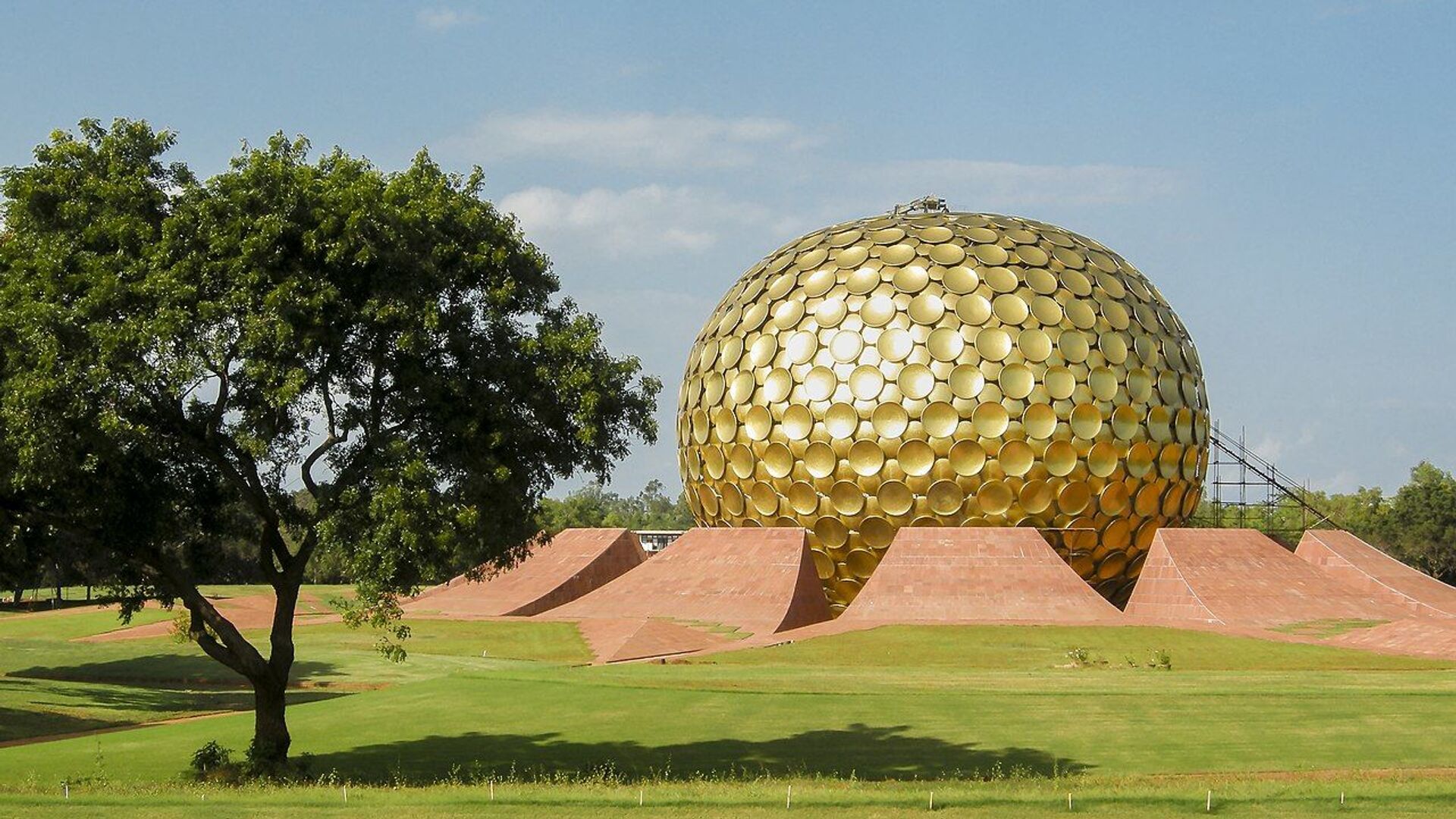M.K. Stalin took the oath of office as state chief of Tamil Nadu last week after emerging victorious in the assembly elections that marked the DMK's historic return to power. The centrist alliance will now govern the state that is home to some of India's most innovative technology companies for the next five years.
Stalin announced immediate financial assistance for 20 million needy families and free treatment in private hospitals for COVID-infected persons. After instructing state officials not to "fudge the COVID data", Stalin also mentioned the creation of a Unified Command Centre (UCC) to manage the pandemic in the state.
"There is no point in fudging numbers. The truth comes out eventually. I have told officers not to fudge COVID data. Let's face the facts directly", he is heard saying in a clip shared from his Twitter handle.
M.K. Stalin was given the name by his father M. Karunanidhi as he was born four days before the death of Soviet leader Joseph Stalin.
"He is a workaholic and grew up as a keen observant and committed party member", T.K.S. Elangovan, a close friend of Stalin and a DMK parliamentarian, told Sputnik about Stalin's working style.
Speaking about his routine and the new state chief's personality, Elangovan said, "He's a morning bird, and very particular about his workout, especially yoga. He never misses his session".
M.K. Stalin's political journey started when he was 14 years old. At that time, the DMK was riding on an anti-northern India wave, consolidating the support of lower castes against the Brahmins who occupy the top position in India's archaic caste pyramid. Launching the party's youth wing, Stalin used to organise party functions.
"He's a good organiser. At a very young age, he started the party's youth wing in 1968. And, now, the same student wing is the backbone of the party", Elangovan explained.
In his early 20's Stalin was imprisoned for holding protests in the state against the National Emergency (1975-1977) imposed by the then-Indira Gandhi government in the centre.
The Challenges
Speaking on Stalin's connection with people, T.K.S. Elangovan said: "He meets people personally and speaks to them like a brother or son. Everyone wants to hold him and speak to him. Women pull his cheeks and hug him, men offer their blessings, and children want to speak to him about personal issues".
Stalin's previous roles as the state's minister for rural development and local administration and later as deputy chief minister under his father Karunanidhi is expected to help him reinstate fiscal discipline in the country's most industrialised state that is staring at a debt of about $70 billion.
One of DMK's major poll promises included direct monetary benefits to be given to women who are the breadwinners of their respective families. There are many other such promises made by the party that would accrue huge financial costs for the government exchequer.
Another challenge is creating over half a million jobs in the government sector for young people and waiving education loans for those up to 30 years of age, who pursued school and higher education in Tamil Nadu.
Modi's Closeness to Stalin's Opponent
Modi's BJP approached the Tamil Nadu elections on the assumption that Dravidian politics (anti-Hindi, anti-North India, caste) had run its course and the state might choose alternative voices. The BJP was hopeful of permeating Tamil Nadu politics by supporting the ruling AIADMK, which was hopeful of returning to power. However, by portraying the AIADMK as the BJP's "Team B", Stalin managed to taint his party's Dravidian rival as a stooge being controlled by an "outsider".
"Modi's friendship with the late Jayaram Jayalalithaa [AIADMK chief and five-time Tamil Nadu state chief] is known to everyone. After the demise of Jayalalithaa, Modi, through indirect channels, got in touch with the AIADMK leader and asked them not to fight for the 'state chief' position in public, and to an extent, they agreed too", Shekhar Aiyar, a political analyst told Sputnik.
"Because of the good relationship with the federal government, the AIADMK openly gave credit and thanked them for several initiatives in public. And Stalin always knew there was no benefit of targeting ruling state chief E. Palaniswami, because he had a very clean image. Hence, he targeted the Narendra Modi government and it worked well for him", Aiyar added.
Experts, however, believe that Stalin will choose to maintain cordial relations with the Modi government as Tamil Nadu depends a lot on the federal government's largesse for implementing schemes.
Father's Legacy
Stalin's father, the late M. Karunanidhi is known as a titan of Tamil Nadu politics. He served as state chief five times. For Stalin, his father's name is a gift and, at the same time, a huge responsibility.
According to political researcher Sanjay Kala, "Stalin always knew he could never be the substitute of his father's legacy. Even for that matter, Karunanidhi never allowed his son to misuse any political position. In 2006, when the DMK won the state assembly elections, Karunanidhi had heavy pressure from people to make Stalin the state chief. But the patriarch refused, giving the son, who had toiled at the poll campaigning, the position of deputy chief minister three years later. It was only in January 2013 that Karunanidhi named him as heir apparent".
"Stalin always followed the party protocol. He was always seen standing behind in the press conference and standing behind in a corner, listening intently to the journalists' questions. As long as his father was active in politics, he turned down many interview requests saying 'Please ask thalaivar [leader], I have nothing to say'", recalled veteran journalist Ramu Joseph, who used to cover events at the Anna Arivalayam, the DMK's headquarters.






